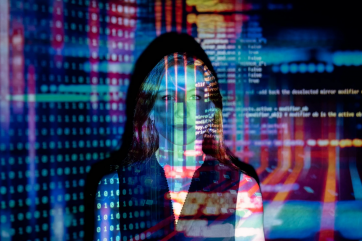The ouija board has always been a source of fear and curiosity to a lot of people. It has even become the stuff of many stories and inspiration to many horror movies. However, what you might think about the ouija board might all be wrong because what's happening is just plain science all along.
What you thought that ghosts or spirits are the ones responsible for moving the slider or the glass for some on the ouija board is explained by the ideometer effect. According to Wikipedia, the ideometer response is a popular concept in hypnosis and psychology where the body moves even when the person is unconscious. The response is the effect of a mental image that causes the muscles to respond automatically.
Discovered by British physiologist William Benjamin Carpenter in 1852, the ideometer effect is also the one responsible when your knee suddenly jerks when you were sleeping. However, this effect has a shocking effect when you are fully awake and conscious about what's happening.
When you and your friends place your fingers on the glass or slider, your body paints a mental image that it is gliding across the ouija board. Then, your unconscious minds sends a message to your fingers and it moves the slider but your conscious mind is unaware of it. This gives the effect that a spirit is moving the slider or glass.
Another example of the ideometer effect happening is when you take a ring, tie it on a string, let it dangle without moving your hand. You will notice that even if your hand is not moving, the ring is moving like a pendulum. In reality, you think your hand is not moving but you're not just aware of the wee movements our body is doing.
Scientists believe that the state of the brain when using an ouija board might hold the clue to help them develop treatments for neurodegenerative diseases, such as Alzheimer's, and psychiatric disorders. Perhaps, the ouija board is a medium to discover the hidden secrets of our brains.








